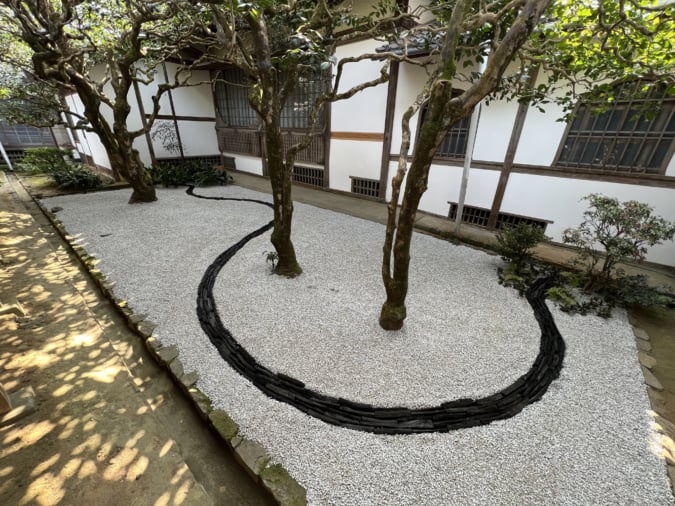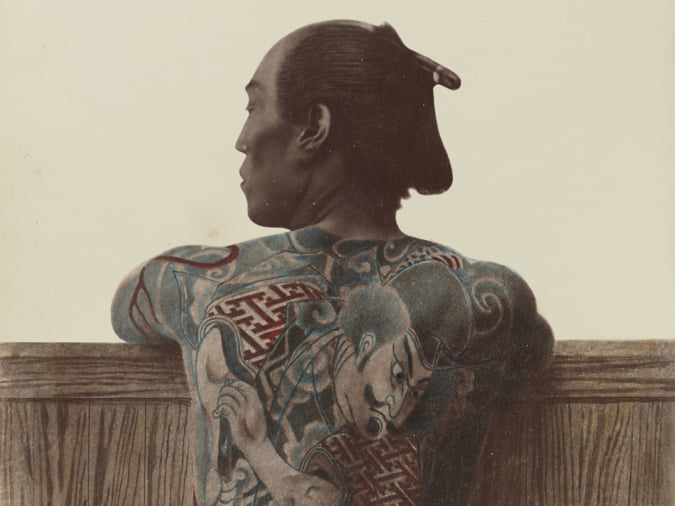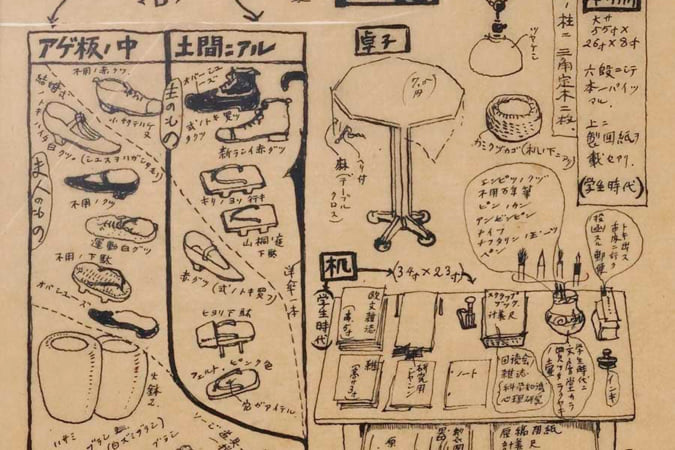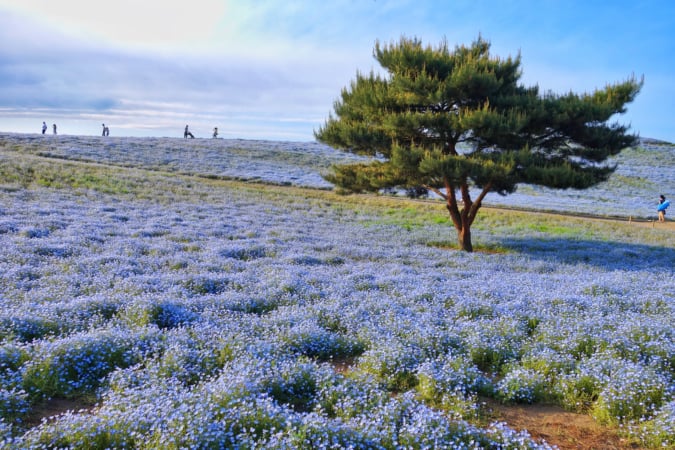Koji Wakamatsu’s Personal and Political Reflections
The book 'Koji Wakamatsu, a Rebellious Filmmaker' sheds light on the universe of the director known for his avant-garde erotic films.
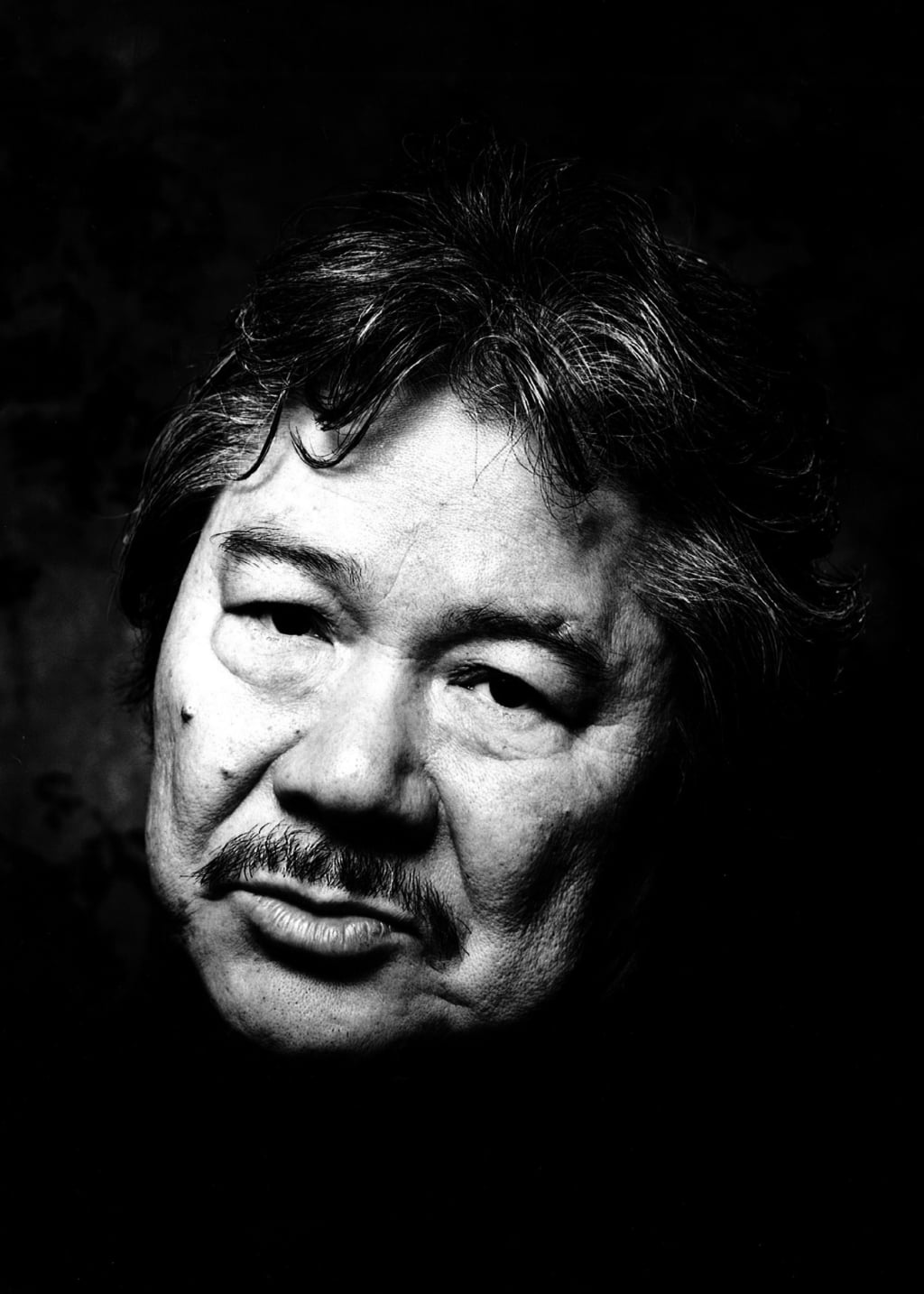
© Éditions IMHO
The career of the radical avant-garde filmmaker, known for his pinku eiga (low-budget erotic films), is revealed explicitly in the joint publication Koji Wakamatsu, Cinéaste de la révolte (‘Koji Wakamatsu, a Rebellious Filmmaker’). This collection of texts consists of a long interview with Koji Wakamatsu himself, production notes, and previously unpublished essays, one of which is written by his contemporary and colleague Nagisa Oshima.
Koji Wakamatsu was born in 1936. At the age of 18, he joined the yakuza, and one of his responsibilities was to supervise film shoots that took place in the Shinjuku district. He then left the Japanese mafia to become a director, and released his first feature film, Sweet Trap, in 1963. The sexual plot and the violence showcased on screen in this erotic film are ultimately just a pretext to subliminally convey a political message.
Marginal form of cinema
This is something the reader discovers over the book’s 192 pages: Koji Wakamatsu found a place for himself in pinku eiga in order to free himself from the diktats of the big studios that dominated the Japanese film industry at the time. This marginal form of cinema offered him freedom of expression, with Koji Wakamatsu creating pamphlets in CinemaScope as revolt was brewing, far beyond the mixing of and divides between groups.
Koji Wakamatsu, Cinéaste de la révolte offers the keys to understanding the work of this filmmaker who passed away in 2012 after being hit by a taxi in Shinjuku district. His thoughts on the film industry, the story of his childhood, his analysis of Japanese politics and social movements like the student riots of 1968, the action against the Vietnam War, and the protests against the Treaty of Mutual Cooperation and Security between the United States and Japan, lending a new depth to his filmmaking. The book examines over 100 films, the majority of which never travelled beyond Japanese borders.
Koji Wakamatsu, cinéaste de la révolte (‘Koji Wakamatsu, a Rebellious Filmmaker’) (2020), is a joint publication released by Editions IMHO (not currently available in English).
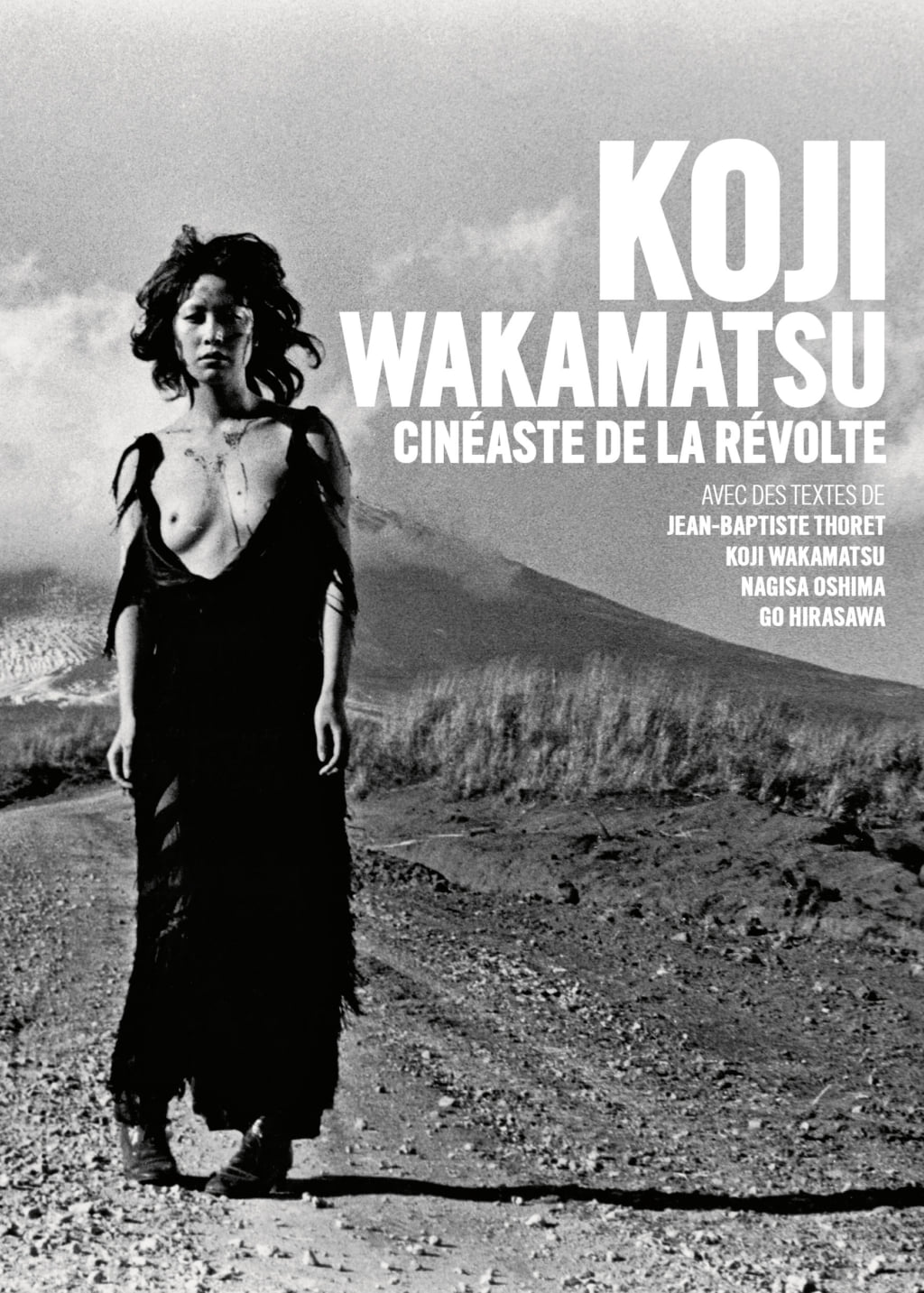
© Éditions IMHO
TRENDING
-
A Rare Japanese Garden Hidden Within Honen-in Temple in Kyoto
Visible only twice a year, ‘Empty River’, designed by landscape architect Marc Peter Keane, evokes the carbon cycle.

-
Colour Photos of Yakuza Tattoos from the Meiji Period
19th-century photographs have captured the usually hidden tattoos that covered the bodies of the members of Japanese organised crime gangs.

-
Recipe for Ichiraku Ramen from ‘Naruto’ by Danielle Baghernejad
Taken from the popular manga with the character of the same name who loves ramen, this dish is named after the hero's favourite restaurant.

-
Modernology, Kon Wajiro's Science of Everyday Observation
Makeup, beard shape, organisation of cupboards and meeting places: all of these details decipher 1920s Tokyoites.

-
Hitachi Park Offers a Colourful, Floral Breath of Air All Year Round
Only two hours from Tokyo, this park with thousands of flowers is worth visiting several times a year to appreciate all its different types.

